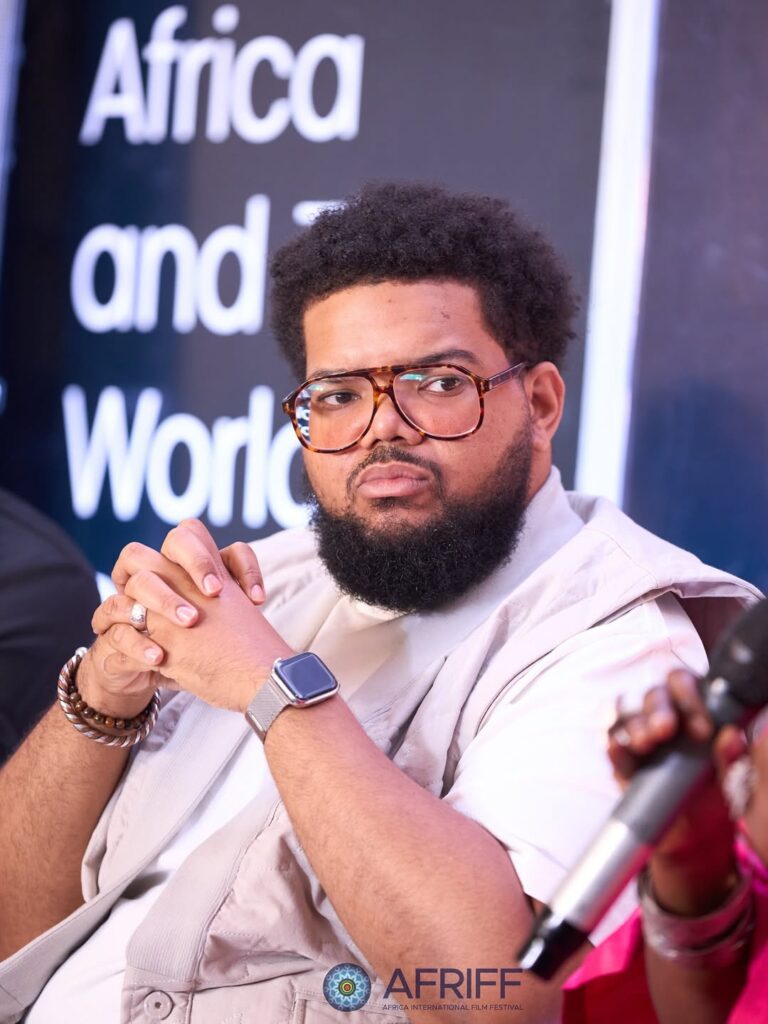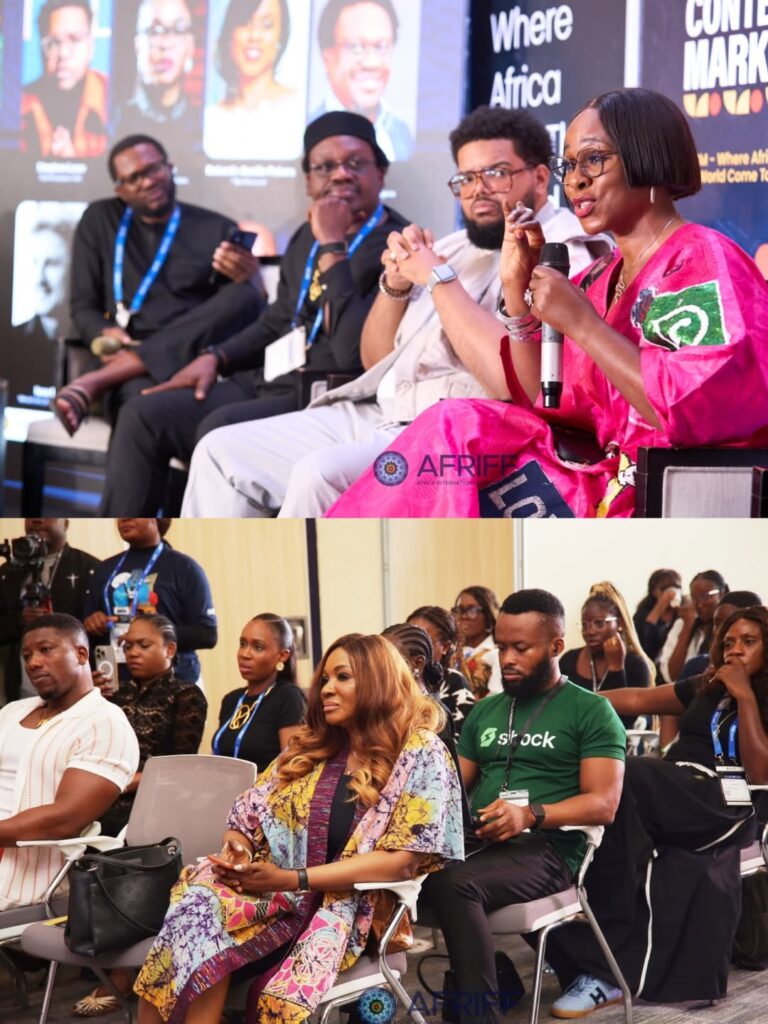The Story⚡
At one of AFRIFF 2025’s panel sessions in Lagos, moderated by James Omokwe, U.S. producer Dr. Stephen Love revealed that Netflix channels most African production funds to South Africa due to Nigeria’s fragmented crews and cliques. Despite Nollywood’s massive output, South Africa dominates Netflix originals.
Tell Me More
The AFRIFF 2025 panel discussion, “AfCFTA Non-Aligned Trade: Unlocking Mutually Beneficial Opportunities for Africa and Global Partners for TV Content”, highlighted Netflix’s early commitments across South Africa, Nigeria, and other markets, revealing a strong preference for South Africa. This pattern continued in recent years, with far more resources directed toward South African projects than Nigerian ones.

The difference arises from practical advantages in South Africa that match Netflix’s focus on polished, large-scale originals, rather than any shortfall in Nigerian talent or storytelling—as echoed in the festival’s panels on content commissioning and global partnerships. Love pointed to South Africa’s edge in having “several premier production service companies that US content houses trust to come shoot a movie there,” contrasting this with Nigeria’s reliance on “individual crews and groups” that fail to form cohesive entities.
| Aspect | South Africa | Nigeria |
| Investment Share | Bulk of funding | Smaller portion |
| Original Commissions | Higher number | Lower number |
| Licensed Content | Moderate | Extensive |
| Internet Access | Broader and more reliable | More limited |
| Production Incentives | Long-standing rebates | Newly introduced under the recent policy |
| Key Productions | Blood & Water, One Piece, Savage Beauty | Aníkúlápó, Blood Sisters, Shanty Town |
South Africa’s rebates reduce costs for qualifying projects, with added support for diverse teams and local ownership. These apply to international work, easing big-budget filming. Nigeria lacked similar rebates until the National Film Policy 2025 introduced tax incentives, rebates, and streamlined permits to attract investment.
Facilities make a key difference. Cape Town and Johannesburg offer established studios, skilled crews, and strong post-production options suited to global standards. Major adaptations like the live-action One Piece used these reliably. Nigeria’s setup often favors quicker, lower-budget approaches, affected by broadband challenges and data costs that limit streaming reach. As Love noted during the panel, drawing from his production of Shadow Force, locations like South Africa were considered for their infrastructure, but Nigeria’s lack of trusted service providers keeps such opportunities at bay.

Market factors amplify the gap. South Africa has a viewer base more open to premium global content, supported by a stable economy for subscriptions. Nollywood excels at high-volume, culturally rooted films made affordably, so Netflix often licenses existing titles inexpensively rather than funding new originals.
Netflix has invested in training programs and partnerships with film bodies in South Africa to build talent pipelines. In Nigeria, efforts include workshops and funds, but face hurdles from currency issues, economic pressures, and local platform competition.
Other Nigerian challenges involve deal intermediaries that can shortchange creators, plus piracy impacting returns. South Africa’s structured industry and stronger intellectual property framework support ongoing commitments. Dr. Love, drawing from his experience as a filmmaker and AFRIFF jury member, emphasized during the panel that “the mindset of cliques in Nollywood is what is holding it back,” urging a shift toward more collaborative approaches to unlock similar opportunities.
Netflix African Originals So Far
On Netflix, 2025 has seen a modest but intriguing rollout of African originals, predominantly from South Africa. However, the slate remains limited, with no new releases from Nigeria this year. Here is a list of the key Netflix South Africa Originals for 2025:
Bad influencer
Gone
Unseen season 2
Fatal seduction 2
Kings of Jo bourg
Marked
In Summary
South Africa leads through proven incentives, world-class infrastructure, and a market receptive to global-style productions—creating a self-reinforcing cycle of investment and output. Nigeria counters with unmatched volume, cultural authenticity, and emerging policy reforms that promise rebates and smoother operations.
The balance hinges on execution: if the National Film Policy 2025 delivers reliable incentives and infrastructure upgrades, Nollywood’s storytelling depth could finally pair with production scale. Until then, Cape Town remains the continent’s production gateway.
Will Nigeria’s new framework close the gap, or will structural advantages keep the spotlight on South Africa?

Thanks for Reading.
Shockng.com covers the big creators and players in the African film/TV industry and how they do business.
Let’s be friends on Instagram @Shockafrica



